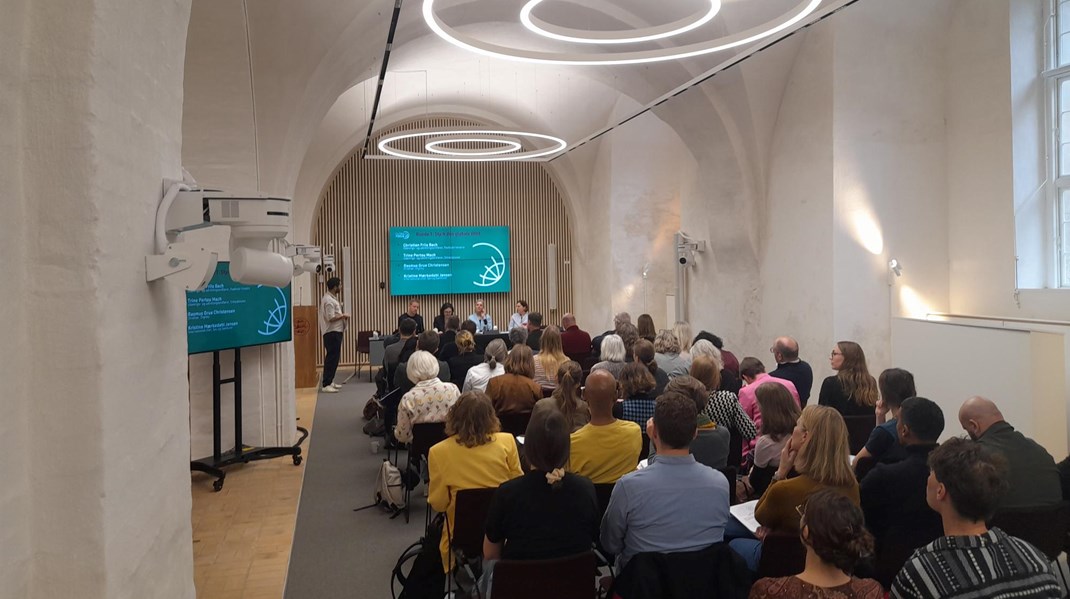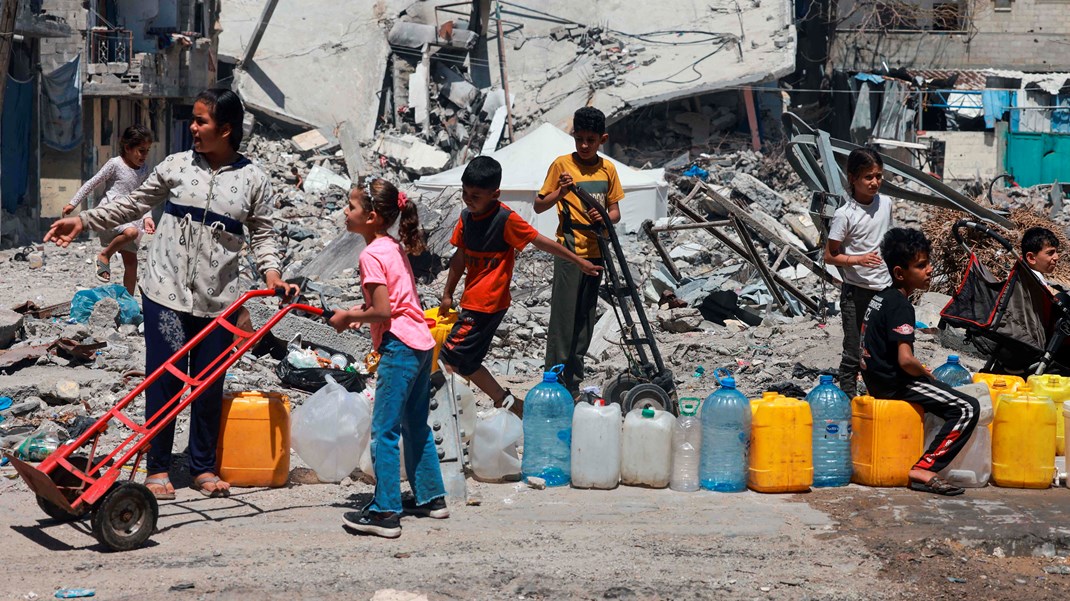Humanitarian partners take action to address complex needs in Nigeria and Lake Chad region
2016 saw a significant scale-up in the response across the worst-hit areas of the Lake Chad region. Owing to the support of donors and collective efforts by Governments, UN agencies and non-governmental organisations, children were rescued from malnutrition, vaccinated against life-threatening diseases and able to access education. Families on the move were sheltered and provided with help. Communities were assisted with food or livelihoods to avoid hunger.
ACROSS THE LAKE CHAD REGION
- Up to 1.6 million people received life-saving food and nutrition support
- Over 1 million children were vaccinated against measles
- 4.4 million people. accessed emergency primary health care
- 1.4 million farmers and pastoralists received the means to resume their livelihoods
- Almost 300,000 boys and girls out of school resumed their education despite the odds
- 2.3 million displaced families and their host: were provided with access to safe water, improved sanitation and hygiene
- 300,000 children under 5 and nursing mothers were treated for malnutrition, including 194,000 severely acutely malnourished children at risk of dying
- 300,000 infants received adequate food to prevent malnutrition in worst-hit areas
- 492,000 children who faced trauma benefitted from essential psychosocial support
- 8,200 children separated from their families or unaccompanied received care
- 6,000 women and children associated with armed groups or who survived gender-based violence were assisted
- Almost 420,000 pupils received learning materials to continue their education
- 75,000 refugees were registered and received identification documents
- 97% of refugee families living in camps across the region have access to adequate dwellings
- 4 Governments of the region adopted the Abuja Action Statement which spells out concrete actions to address immediate protection needs and design durable solutions
CAMEROON
Despite persisting insecurity and large numbers of displaced persons living in hard to reach areas, some 200,000 people received life-saving food or cash assistance. At least 33,500 famers and herders received seeds, tools and support to improve their food security. Almost 335,000 people were provided with access to safe water, sanitation and hygiene services. 28,000 children under five were treated for severe acute malnutrition, and 43,000 children received learning support.
CHAD
Seizing the opportunity of significant improvements in humanitarian access and scaled-up operational capacities, some 30 humanitarian partners assisted 127,000 people with food assistance and 94,000 people with cash transfers. '0,000 children under five affected by severe acute malnutrition were treated. NIGER Despite persisting insecurity and access challenges, 58 humanitarian organizations are currently working in Diffa. Since 2015, 70,000 tons of foods were distributed. Humanitarian actors provided shelters to 120,000 people in 2016, while half a million people received potable water and hygiene support.Over 240 schools were re-localised to safer areas and emergency education provided to 45,000 school-aged children. Almost 90,000 children received psychological support.
NIGERIA
As areas previously cut off from aid have become accessible, relief actors also discovered new depths of needs and significantly scaled up aid delivery. Food assistance increased over four-fold in the past six months, reaching an average of 1 million persons each month. Over 4 million people accessed primary healthcare, 1.7 million benefitted from safe access to water, hygiene and sanitation, and 736,000 people received basic household items or vouchers to purchase them. One million children were vaccinated against measles and 160,000 treated for severe acute malnutrition. 1.7 million people, of which many children, received protection services including legal aid or psycho-social counselling. 1.5 million men, women, boys and girls accessed contraceptives and other sexual and reproductive services.


